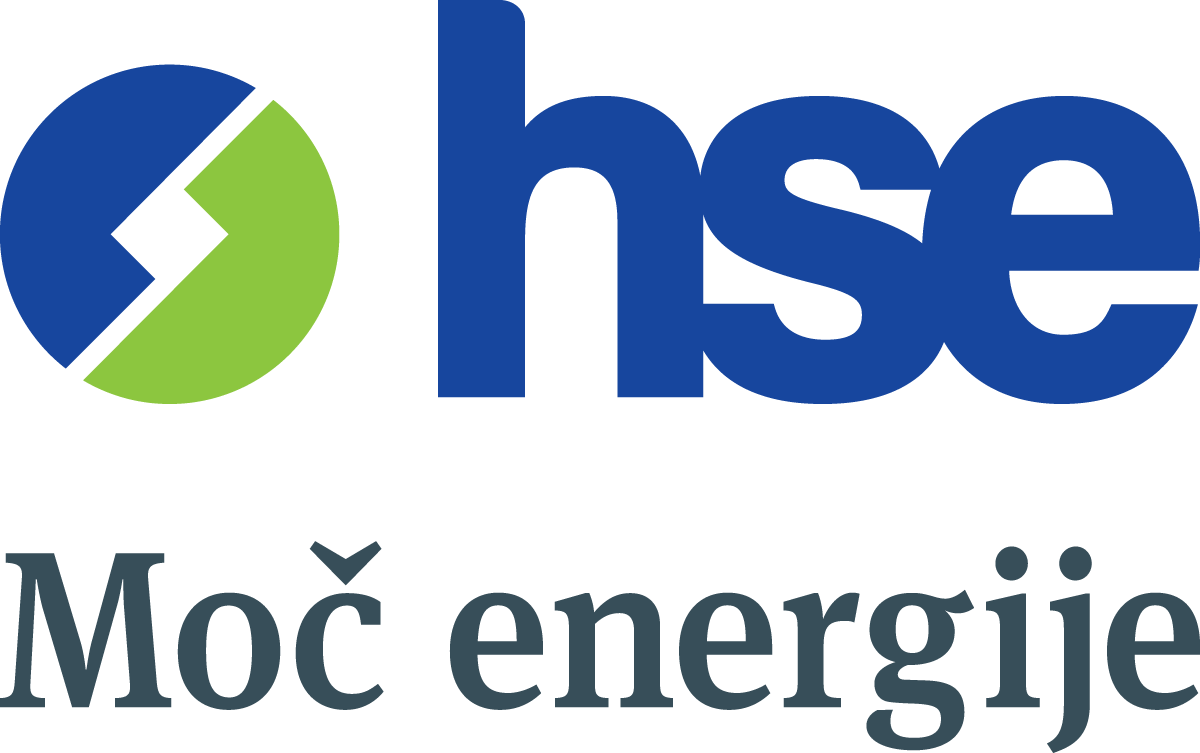Awaiting Slovenia in the coming decades are numerous challenges in creating a comprehensive decarbonisation policy and making a gradual and fair transition to a low-carbon economy. Shifts will be needed both at the national level and in companies, individual sectors, regions and local environments. Water energy is the most important source in this respect, which can contribute to a significant reduction of greenhouse gas emissions and gradual abolition of fossil fuels.
Climate change is a great challenge, which is why concern for acceptable energy solutions from the aspect of sustainability must be our joint commitment. The issue has also been raised by thousands of young people at a recent public rally, which was held not only in Slovenia, but also elsewhere in the world, who called for concrete measures in looking for solutions for the climate and energy challenges.
“We are aware that siting of energy facilities requires special care, environmental assessment and supervision, but this is so for all infrastructure developments. This is why we undertake our work with full responsibility and strive to construct our facilities with the lowest environmental impact possible. This is how we have acted so far and how we will continue to act when designing new projects“, Andrej Tumpej, the director of Dravske elektrarne Maribor (DEM), the largest single producer of electricity from renewable sources in Slovenia, said on the occasion.
Climate change, which is a consequence of greenhouse gas emissions, demands changes in the majority of human activities, including behaviour and lifestyle, as well as in the fields of technology, development and innovation.
Water potential is part of the solution, not part of the problem
The natural resources in Slovenia are the ones pointing to the path we need to take if we want to at least come close to the set objectives. Hydro power plants contribute a third of the entire annual electricity production in Slovenia, and there is still a lot of reserve when it comes to the exploitation of the environmentally friendly hydro energy potential (note: hydro power plants in Norway cover 99% of the domestic demand for electricity).
Out of all renewable sources of energy, the hydro energy potential is the one where Slovenia can utilise and further develop technical knowledge and technologies, because the country is capable of carrying out more than 95% of the entire investment in new hydro power plants with domestic know-how. Among the technologies for the production of electricity from renewable energy sources, hydro power plants have energy and macro-economic advantages as well as other advantages.
Modern hydro energy facilities are not only producers of electricity; they are multi-purpose facilities which bring positive effects to the development of agriculture (irrigation systems) and to flood protection, expansion of tourism, revitalisation of degraded land and sustainable development. Their indispensable contribution is also visible in the local economy, as they bring new jobs.
“Energy must be sustainable, safe and available to all. Our objective is to ensure the smallest environmental impact possible and safe supply of companies and households with electricity at competitive prices. All Slovenian citizens benefit from this, while local communities gain new sources of financing, developed new infrastructure and jobs”, stressed Bogdan Barbič, the director of Hidroelektrarne na spodnji Savi (HESS).
Slovenia must show more ambition
Energy transition thus requires of us to make more decisive steps towards harmonised policies, which is why we are striving for a wider dialogue to be established between the Government of the Republic of Slovenia, interested public, non-governmental organisations, local communities and society as a whole. Understanding of the portfolio of energy supply and decarbonisation of the heating, transport and power systems which would provide a foundation for safe and affordable heating, electricity and mobility in the coming decades is required for Slovenia to make the transition to a low-carbon economy.
“When it comes to the utilisation of the water potential for energy, what needs to be considered in addition to strict environmental requirements are the principles of sustainable development. The multi-purpose qualities of hydro energy facilities may also show in practice in the supply of drinking water, fish farming, water reservoirs in dry periods, detention basins as protection against flooding … In the structure of electricity produced in Slovenia, the share contributed by hydro power plants is indispensable. As energy consumption is expected to increase, it will be necessary to at least maintain the share of electricity produced by hydro power pants“, explained Radovan Jereb, the director of Soške elektrarne Nova Gorica (SENG).
Contacts:
Majna Šilih
Suzana Poldan
Martina Pavlin








